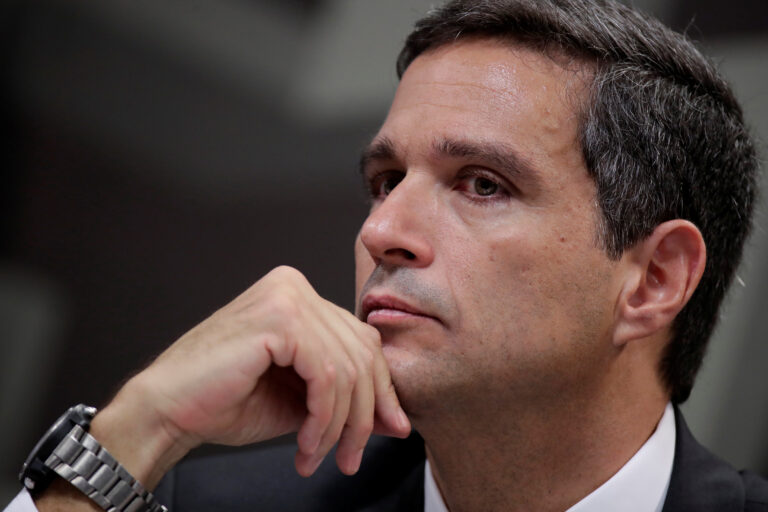🎧 Listen to This Article
Brazil’s former Central Bank Chief Roberto Campos Neto has linked the sharp depreciation of the Brazilian real in late 2024 to companies moving capital abroad in anticipation of a new dividend tax expected to take effect in 2025. Speaking at an event hosted by XP Private Bank in Miami, Campos Neto explained that the real’s subsequent rebound this year is partly due to the reversal of those transactions.
The Brazilian real lost over 20% in 2024, making it one of the worst-performing emerging market currencies. However, it has surged nearly 8% year-to-date in 2025, reflecting adjustments in corporate financial strategies. Campos Neto noted that many businesses rushed to send dividends abroad, expecting taxation under the fiscal reform agenda introduced by President Luiz Inácio Lula da Silva.
Earlier this week, Lula unveiled a bill proposing taxes on all dividends sent abroad, including those paid to both companies and individuals. This tax is intended to help fund a long-promised income tax exemption for Brazil’s middle class.
Campos Neto highlighted that some banks facilitated these early dividend transfers by offering loans to firms, allowing them to move funds overseas before the tax took effect. However, he noted that once these transactions occurred, companies sought to hedge against currency risks.
“When you send the money out, you don’t want to have the carry against you,” he explained, referring to carry trades, where investors profit from interest rate differentials between currencies. As a result, some of the money transferred out in December reversed through futures contracts in January, helping drive the real’s recovery.
Campos Neto, who led Brazil’s central bank until December 2024 under a law ensuring monetary policy independence, was succeeded by Gabriel Galipolo, appointed under Lula’s administration. The real’s volatility underscores the challenges of balancing tax policy, capital flows, and currency stability in Latin America’s largest economy.
For further details, clarification, contributions, or any concerns regarding this article, please contact us at editorial@tax.news. We value your feedback and are committed to providing accurate and timely information. Please note that our privacy policy will handle all inquiries



